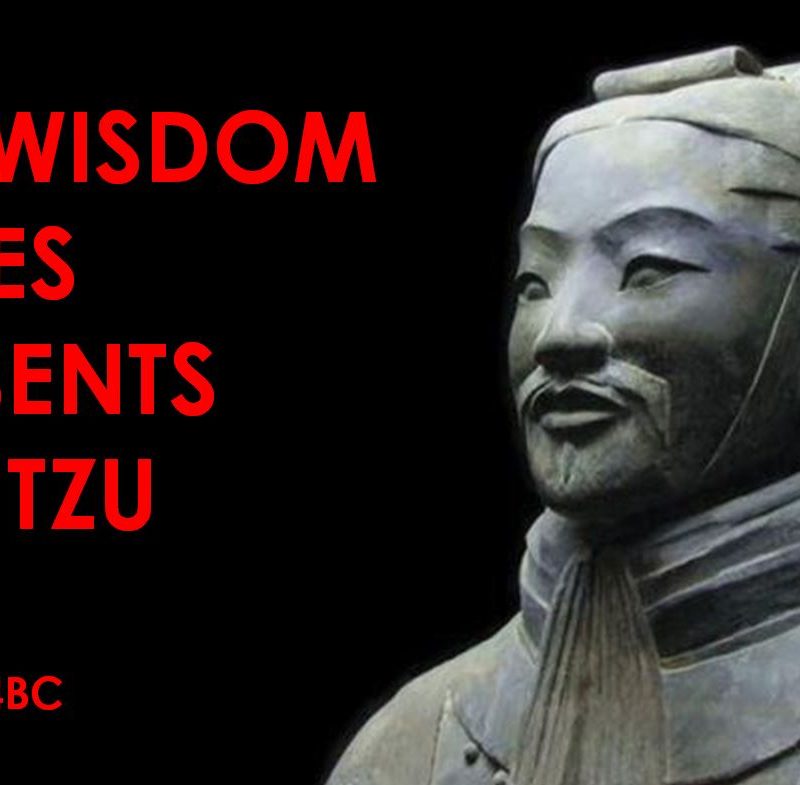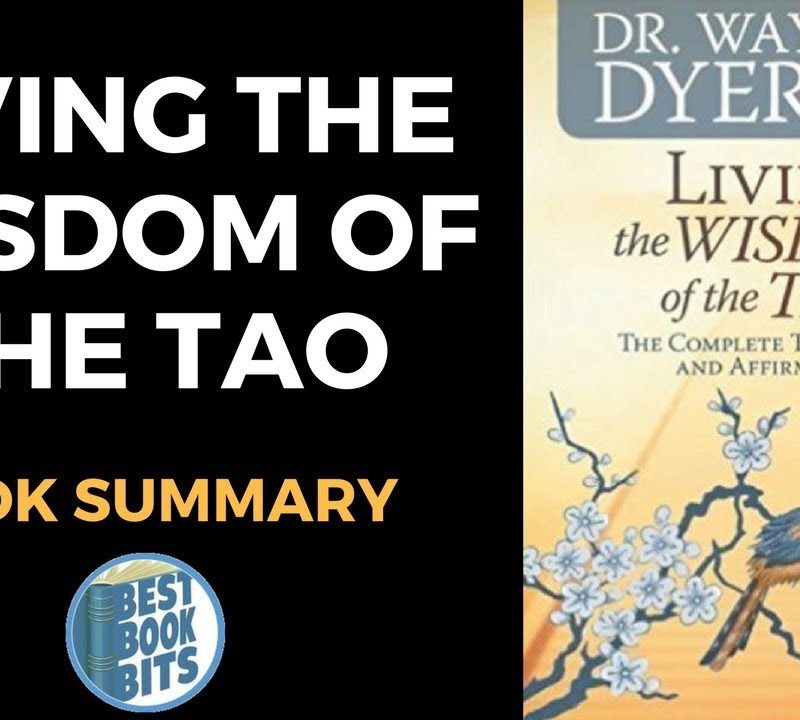GET THE 500+ BOOK SUMMARY BOX SET IN PDF & MP3 here
FOLLOW US HERE > |YouTube |Spotify | Instagram | Facebook | Newsletter | Website
Overview
Clayton M. Christensen is an expert in business innovation, and he’s spent a lot of time working with successful entrepreneurs. He realized that life isn’t just about work; it’s also about family and other things you do outside the office.
With insightful examples from his experience at work, Christensen is a good guide for anyone who wants to achieve their dream career. He can also speak with authority about family and health issues since he has experienced them firsthand.
In this passage, the author talks about how money isn’t what really motivates people to do things and that it’s your friends and family who make you happy.
In this book, Christensen describes the principles that guide his life and career. He uses examples from his own experiences to illustrate how one can lead a balanced life with integrity and purpose. The following are some of the key points: Blockbuster was destroyed by Netflix because it didn’t realize what its customers wanted; it’s important to let your child make mistakes and even fail; IKEA is successful because it does one thing well—selling furniture.
Big Idea #1: Motivation trumps money when it comes to job satisfaction.
What do you think is the key to workplace happiness? Perhaps a little more money or some more recognition would make you happy.
People often assume that the tangible aspects of a job, like money and prestige, are what make people happy. However, if you look at business school reunions where you’ll see how professional success is not always correlated with happiness.
Despite this, an unhealthy approach to incentives still prevails. Popularized by economist Michael Jensen and management theorist William Meckling, the incentive theory states that if you pay people more money they will work harder. This is not always true though in light of our business school reunion example. It’s also not true for those who do world-changing work but get paid very little (non-governmental organizations).
A study shows that workers are more satisfied when they do work that matches their needs and interests. Psychologist Frederick Herzberg proposed a theory, which divides people’s needs into two different categories – hygiene factors and motivation factors. Hygiene factors are the basic requirements for job satisfaction, whereas motivation factors contribute to higher levels of job satisfaction.
A job with great working conditions and a lack of promotion or reward would not be satisfying. However, if the working conditions are poor it’s bad hygiene that causes job dissatisfaction.
Job satisfaction is achieved by combining factors that are important to the employee with factors that motivate him. These include recognition, responsibility, challenges and personal growth.
We’ve seen that it is important to have a job that provides intellectual stimulation. However, if the management of the company is terrible, then this will not be satisfying. Therefore, we need to make sure we have balance between these two things for satisfaction at work.
Big Idea #2: A good career strategy combines using opportunities we anticipate as well as those we don’t.
Few people know how to describe their career strategy. This is especially true for those who have a goal but do not know how they will achieve it.
There are two different types of career strategies. One is deliberate and the other is emergent. To understand these different approaches, we need to look at how opportunities arise in general.
Academic Henry Mintzberg explains that opportunities fall into two categories. The first category is anticipated; it’s the one we can recognize and choose to pursue.
Companies often build strategies around anticipated opportunities. For example, Honda had a strategy in the 1960s to sell cars in the United States based on what it thought would happen there.
Honda had a good product, but the company wanted to expand and sell it in America. The problem was that Honda’s bikes were of low quality, so they didn’t sell well there.
Deliberate strategies are often not successful. Everyone has a story of something that didn’t go according to plan. Emergent strategies use unexpected opportunities, and they can be used in situations where deliberate plans don’t work out as expected. Honda’s emergent strategy was created by accident when the company shipped its smaller bikes to America for employee use. The public saw these small bikes being ridden up and down hills in Los Angeles, which sparked demand for them among consumers. This is why Honda embraced an emergent strategy of selling its smaller motorbikes on a large scale, saving the American venture from failure.
You should be both deliberate and flexible in your strategies. If you’re calculating about what you do, but also able to change course if necessary, then you’ll always find a way to succeed.
Big Idea #3: Your life is your “business.” To run it well, you need to properly manage your resources.
When we talk about resources, we often think of business-related assets, talent and finances. This is a narrow view of the world.
To understand how we should use our resources, we must first change the way we think about them.
Think about the things that are important to you, such as family bonds, rewarding friendships and physical health. These aspects of our lives are businesses in a way because they take time, energy and wealth to maintain. However, just like in business we have limited resources so we need to prioritize what’s most important.
It’s tempting to focus on one thing, but it’s important to ensure that you’re also investing in other things.
If you want to have a successful career, it’s important that you don’t focus all of your energy on work.
One way to do this is to reconsider the criteria for allocating your time. Instead of spending all your time on work, evaluate whether it’s really the most important thing in your life right now or if there are other things that deserve more attention like family and well-being.
For high-achieving professionals, it’s easy to focus on the immediate rewards of getting a promotion or bonus instead of thinking about how that will affect your future.
Immediate gratification is not a long-term benefit. For example, you can have an orgasm if you masturbate, but that will not help your marriage or family in the long run. Long-term goals are more valuable because they provide lifelong benefits and challenges. We’ll explore this idea further when we talk about raising children well.
Big Idea #4: The relationships with your family and friends are the most important sources of happiness.
High achievers may think that their job is the most rewarding part of their lives.
However, it’s important to remember that investing time in your family now will pay off for years to come. Unfortunately, many people fail to invest in their families because they’re too busy with work and other things. First of all, we get so caught up in our jobs that we forget about the importance of spending time with our families. Second, those who are closest to us don’t complain when we neglect them; instead they support our careers without complaint. Therefore, if you want a healthy relationship with your family members or friends then you should make sure you spend enough time with them every day.
Relationships are paradoxical in that they require a lot of attention, but neglecting them can cause problems later on. For example, it’s important to talk to your child early on because this is when their intelligence develops the most. Also, if you don’t take care of relationships now, you’ll need support from others later and may not get it.
Big Idea #5: Intuition and empathy help us do the job of making our loved ones happy.
Many companies focus too much on selling a product and not enough on understanding the customer’s needs. The same thing happens in relationships, where people focus more on what they want rather than what their partner wants.
Whether in a marriage or business, one’s main job is to understand and fulfill the needs of others. This isn’t an easy task because it takes intuition and empathy. For example, a man comes home from work one day to find his kitchen messy. He intuitively assumes that his wife has had a rough day so he cleans up for her. However, she is upset with him since all she wanted was for him to listen to her at that moment instead of cleaning up.
The husband initially thought his wife was angry with him, but it turned out that she wasn’t. He learned from this experience how to be more sensitive to her needs in the future.
If you want to improve your relationship, think of it as a job. You need to figure out what that job is and then do it effectively. For example, if the job is to make someone happy or feel loved, then give them gifts or spend time with them. If the job is to help someone be successful in their career, provide advice and resources for that person’s success. The Swedish home furnishings company IKEA can help us understand this concept better; its customers need furniture quickly and inexpensively. So its job is simply to satisfy those needs well by providing effective services at reasonable prices.
Customers are loyal to IKEA because they’re happy with their products. The same goes for relationships: if you meet your partner’s needs, they will be satisfied and remain loyal to you.
Big Idea #6: Raise your kids right: let them learn from their mistakes and celebrate their good behavior.
One of the most important jobs in life is to educate your children. This means giving them the tools they need to succeed, rather than teaching them everything you know. The best way for kids to develop their own values and beliefs is by allowing them to face challenges on their own and find solutions independently.
It’s important to let children experience everyday problems early on. If you don’t, they may develop low self-esteem and be afraid of making mistakes. However, it is more beneficial that parents are there to provide support when the child fails and learns from those experiences.
Another important aspect of being a parent is to create a healthy family culture. The foundation for this is setting family values, which are informal guidelines that will help your children become successful adults.
The best way to create a family culture is to think of it like an autopilot. Once set up, the family will run smoothly without any extra effort from you. You can help program this by emphasizing kindness in every opportunity that arises. For example, if your child does something kind for another kid at school, praise them and talk about how important that was. This way, kindness will be part of your family’s culture forever.
It’s easy to believe that parenting is about controlling bad behavior. This approach, however, is less effective than celebrating the good things in your family. The values you establish will be firmly established and able to withstand any challenge.
Big Idea #7: Compromising your integrity can create a slippery slope, so don’t do it!
Integrity is the quality of being honest and having strong moral principles. It means living life with honesty, even in small things. Integrity requires self-awareness to prevent us from making marginal choices that take us away from our values and ideals. For example, Blockbuster was aware of Netflix but didn’t consider it a threat because DVDs were still popular at the time.
Blockbuster failed to adapt to Netflix’s innovative business model, which was more convenient for customers. Blockbuster declared bankruptcy in 2010. It’s important not to focus on marginal costs when making commercial decisions because it can lead companies into failure.
Sometimes, people make decisions that are different from what they believe in. However, there is a huge downside to it because exceptions can lead you into deeper trouble. It happened when Nick Leeson was working as a trader for the bank Barings. He made some bad trades and incurred losses from it. This caused him to have marginal thinking, where he decided to hide the loss by making an exception.













